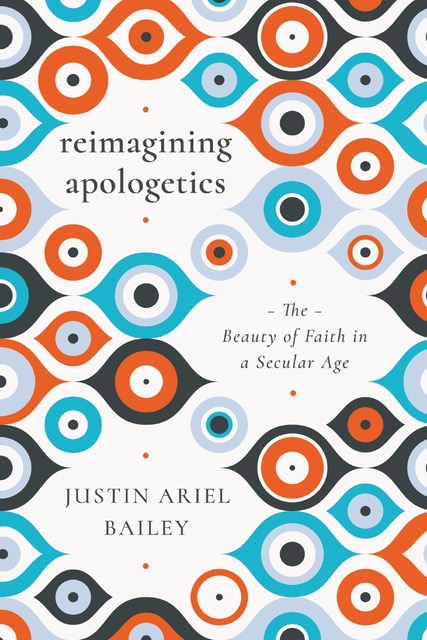As the release date of my book nears, I thought it would be worthwhile to share selected excerpts, to give readers an early taste of the argument. (Free smells, as Jimmy John’s puts it).
So, here is a (slightly modified) excerpt from ch. 1, which is titled Eclipsing Enchantment: Charles Taylor and our Imaginative Crisis. In this section I discuss how we are encouraged to seek fullness through personal “authenticity.” But this in turn requires others who can recognize and validate our “way of being human.” And that requires a conversation with traditions of meaning that go well beyond our small selves. To make this concrete I use Moana and Elsa as my examples:
We can see the ethic of authenticity embodied in the journeys of two pop culture heroines from the world of Disney: Princess Elsa of Arendelle and Moana of Mata Nui. Both are on journeys of self-discovery that take them away from convention and conformity. Elsa leaves home, singing a ballad of authenticity if there ever was one: “it’s time to see what I can do, to test the limits and break through; no right, no wrong, no rules for me. I’m free!” Moana also leaves home, in response to a call that she first believes is from beyond the horizon, but she comes learn “isn’t out there at all, it’s inside me.”
If each heroine’s journey was no more than a song of the self, we might not find them that interesting. What makes their choices matter is the larger horizon of meaning, the matrix of relationships in which they find themselves. Elsa is, in fact, called back from her self-imposed exile by a sister who loves her and by a people who need her. She does discover who she is, but only in relationship to others in whom she finds recognition. Similarly, Moana’s inner voice comes to be identified with the tradition of her ancestors, voyagers who have passed their pioneering spirit on to her. She discovers who she is, but only with reference to the larger story of those who have come before her.

My aim here is not to valorize either princess or the larger narrative of their respective films. The point, rather, is that even in the most unabashed celebrations of authenticity we find a more subtle exploration, in conversation with culture, tradition, and external voices, as to what really makes a life resonant and fulfilled. The common message: we can only find ourselves in relationship to significant others, among whom we emerge and are embedded. This, then, leads to the question of which voices, which traditions, which significant others, are the most trustworthy.
Against those who lament the culture of authenticity, Taylor offers a shift in conversation: not merely to grant the ideal of authenticity but to negotiate the best way of realizing it. He writes, “The struggle ought not to be over authenticity, for or against, but about it, defining its proper meaning. We ought to be trying to lift the culture back up, closer to its motivating ideal.” (Ethics of Authenticity, 73) In this book, I am suggesting that we meet people where they are in their search for authenticity, and then seek to set that quest against a horizon that opens up to thicker, even transcendent possibilities.
Enjoy the excerpt? Click the image to learn more!

